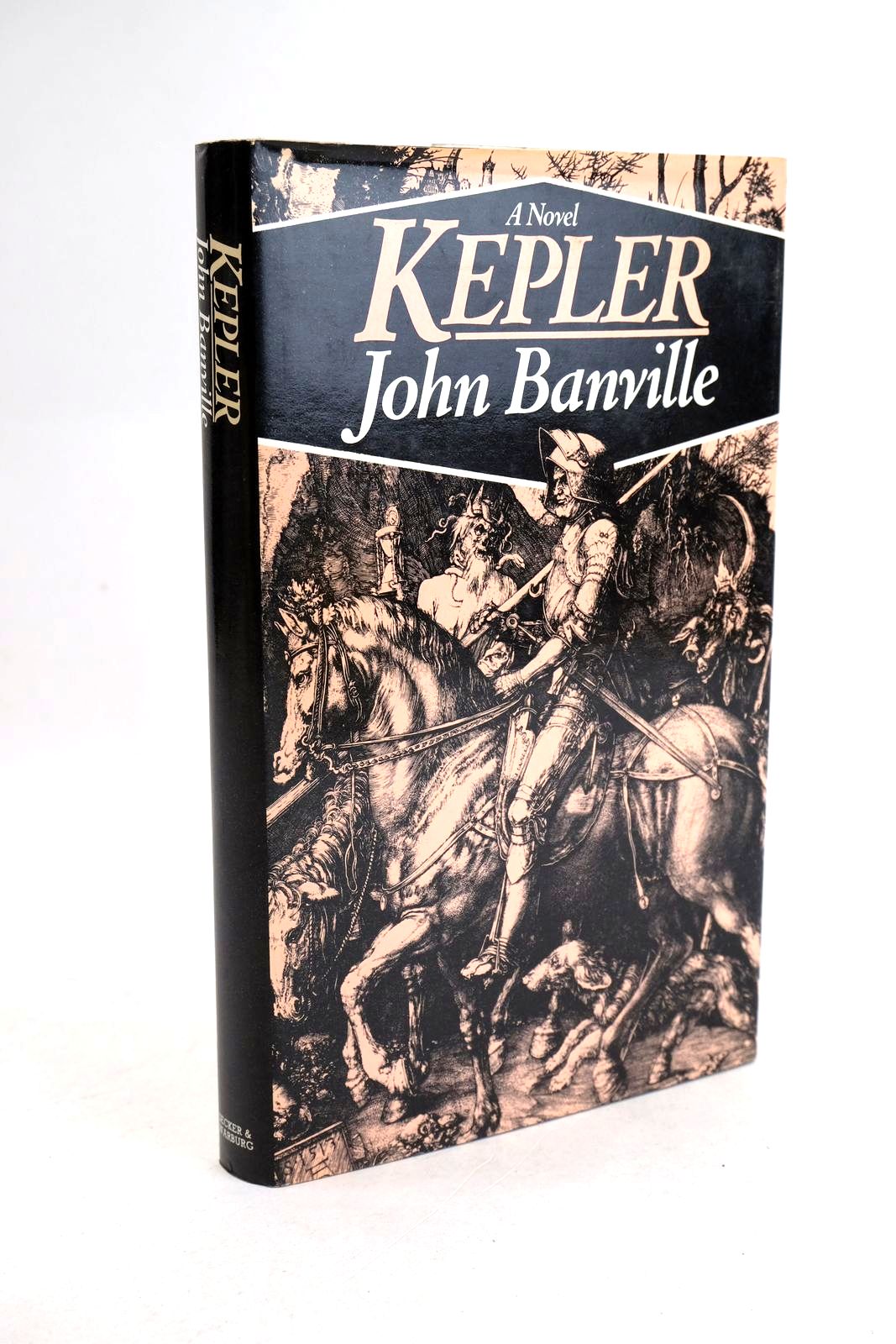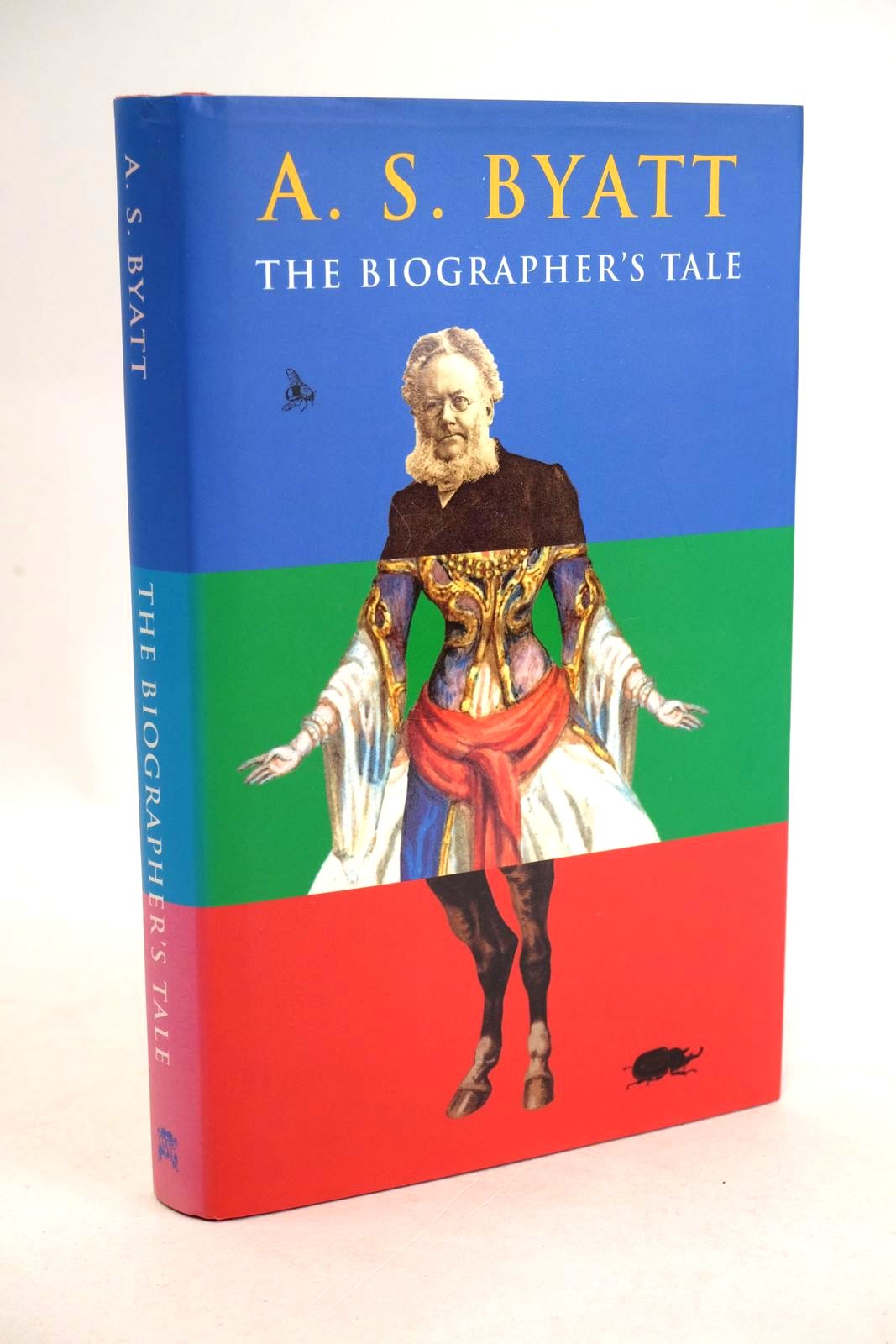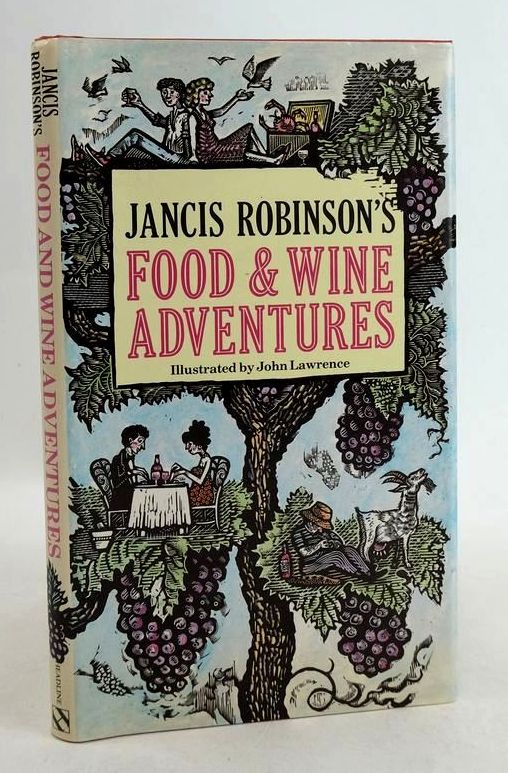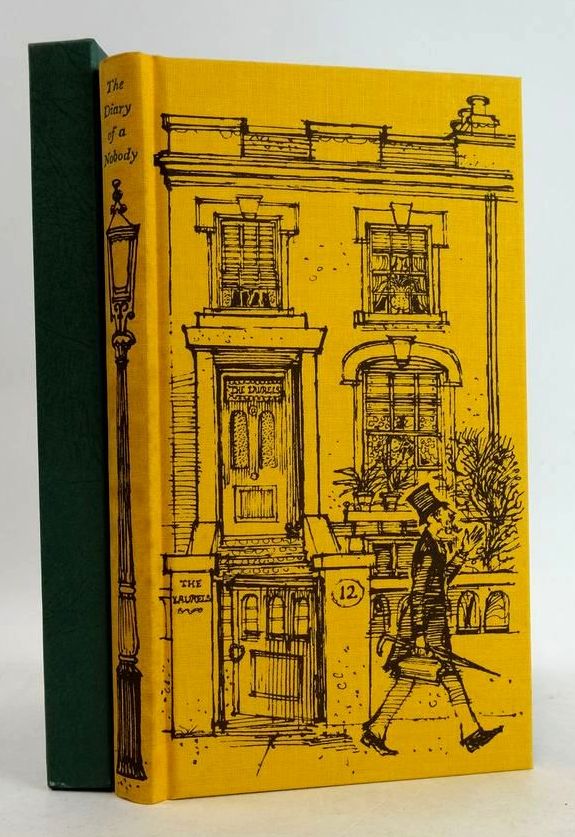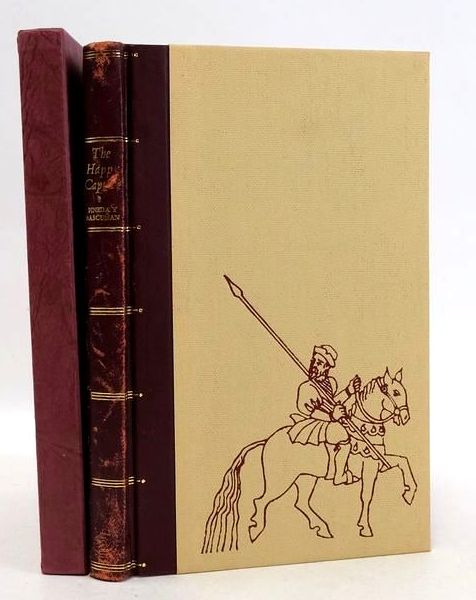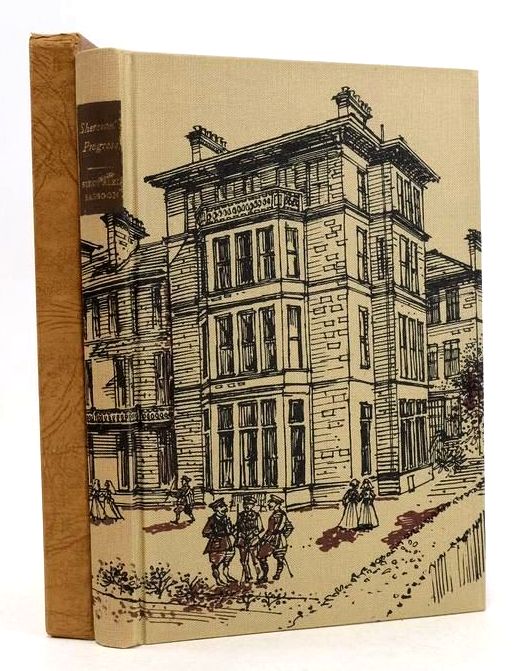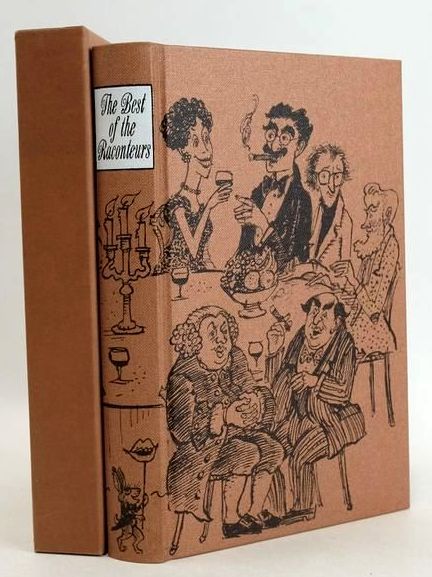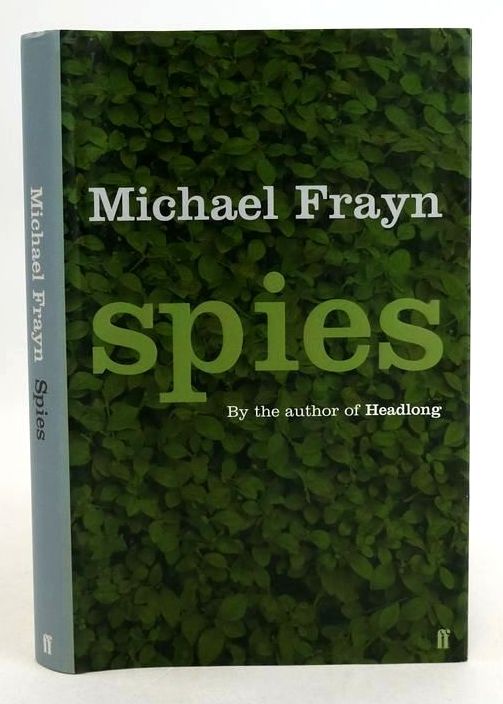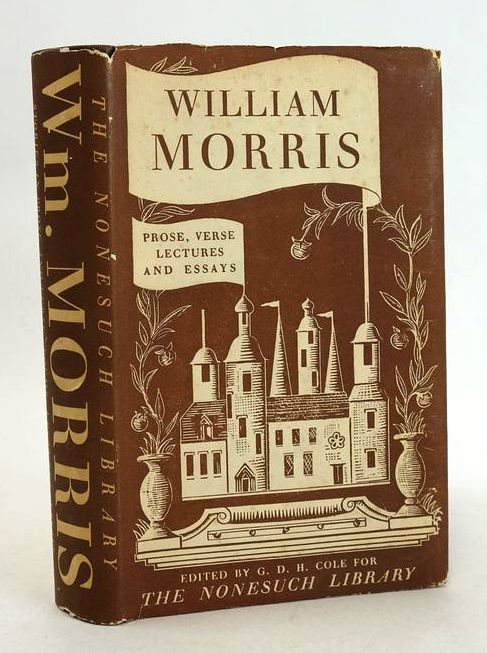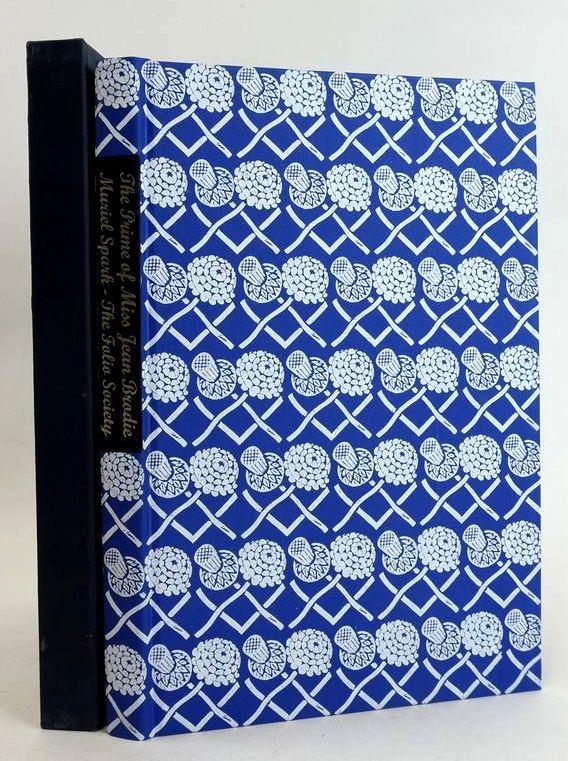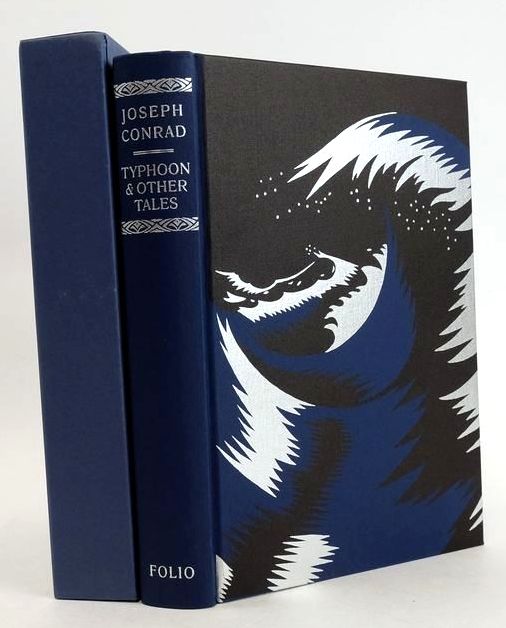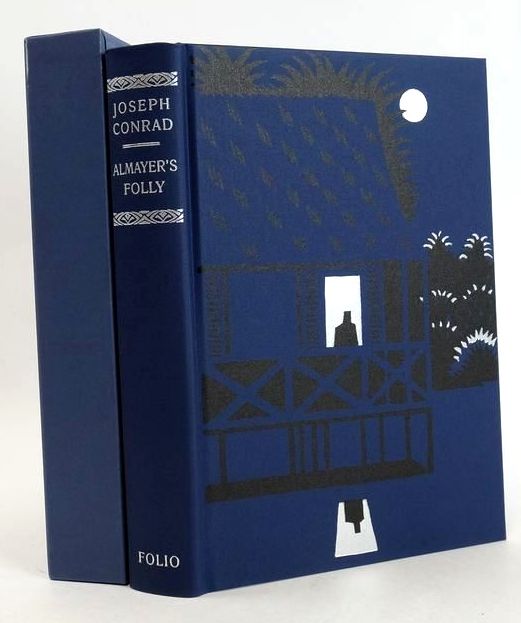a journey of discovery
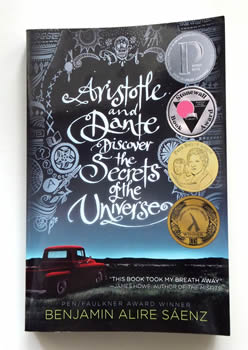 View current stock of Literature books
View current stock of Literature books
I finished reading a book a few weeks ago that had such a profound effect upon me that I am still recovering from its influence now! Perhaps you would say this is not such a strange thing for avid readers to experience from time to time, however, what is a little different in this case, is that this particular book was actually written for early teen readers. I know this may prompt some sarcastic commentary on my mental age but, in my early 30s, the achingly beautiful 'Aristotle and Dante Discover the Secrets of the Universe' simply blew me away. A somewhat introspective coming-of-age story about two Mexican-American boys growing up in El Paso, Texas, in 1987, the story brings up questions of identity, both in terms of sexuality and culture, the nature of trust and loyalty and explores teenage experimentation with drugs and drinking. The book's real focus though is friendship and how the perspective and love of a good friend can make you look at yourself differently and motivate you to change for the better.
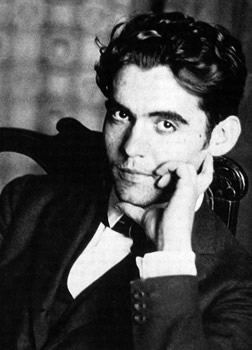 Not surprisingly then, the book's author Benjamin Alire Sáenz - poet, novelist and writer of children's books – was awarded for this title the Stonewall Book Award, the Mike Morgan & Larry Romans Children’s and Young Adult Literature Award 2013, the Michael L. Printz Award 2013 and the Pura Belpré Award 2013. After some research, I discovered that The Pura Belpre Award is named after the first Latina librarian at the New York Public Library and established in 1996 is presented annually to a Latino/Latina writer and illustrator whose work best portrays, affirms and celebrates the Latino cultural experience in an outstanding work of literature for children or young adults.The award is co-sponsored by the Association for Library Service to Children and REFORMA, the national association to Promote Library and Information Services to the Spanish-Speaking.
Not surprisingly then, the book's author Benjamin Alire Sáenz - poet, novelist and writer of children's books – was awarded for this title the Stonewall Book Award, the Mike Morgan & Larry Romans Children’s and Young Adult Literature Award 2013, the Michael L. Printz Award 2013 and the Pura Belpré Award 2013. After some research, I discovered that The Pura Belpre Award is named after the first Latina librarian at the New York Public Library and established in 1996 is presented annually to a Latino/Latina writer and illustrator whose work best portrays, affirms and celebrates the Latino cultural experience in an outstanding work of literature for children or young adults.The award is co-sponsored by the Association for Library Service to Children and REFORMA, the national association to Promote Library and Information Services to the Spanish-Speaking.
Intrigued about the person after whom this award was named, I did a quick internet search and discovered that, as well as being the librarian who pioneered the New York Public Library's outreach within the Puerto Rican community, Belpre was also an active advocate for the Spanish-speaking community in 1920s and 30s New York instituting bilingual story hours, buying Spanish language books, and implementing programs based on traditional holidays like the celebration of Three Kings Day. As if this wasn't enough, Belpre, born in Cidra, also enjoyed a successful literary career; her first story published being entitled 'Pérez and Martina', a love story between a cockroach and a mouse! She collected many other folktales from Puerto Rico, translated them into English and had them published as children’s literature.
Right: Federico Garcia Lorca
Having never traveled to Spain and speaking only French and elementary Italian, strangely I seem to have been constantly haunted by the Spanish language and the work of some its most famous children; most notably, my favourite poet Federico Garcia Lorca. I first stumbled upon Lorca's poetry (I had previously designed and built the set for my school sixth form's production of Lorca's play The House of Bernarda Alba) as a student in my local library in Vauxhall. This area of London specifically around Stockwell, Vauxhall, Streatham and Dulwich is often known as 'Little Portugal' due to its large Portuguese community. With many books in Portuguese, the library also boasted a quite extensive Spanish Language section and, searching one day for inspiration for a degree project, I found an old copy of Lorca's 'Poet in New York' - one of his most important works composed during his visit to Columbia University in New York in the years 1929/1930 – a discovery that sparked a love affair with Lorca that continues to this day.
 Similarly, on a recent trip to Rome to visit my cousin, I was introduced to another great Spanish Language writer Jorge Luis Borges. An Argentine short-story writer, essayist, poet and translator, and a key figure in Spanish language literature, Borge's work is said to embrace the "character of unreality in all literature" and talking to my cousin one day about something I had recently read about the Minotaur myth, he sprung up and grabbed a book from his shelf and told me that I must read Borge's 'The House of Asterion' - a very short story of only three pages which still managed, even in its brevity, to make me cry! Once back at home, I ordered two copies of the Penguin edition of this book - one for my cousin who lost his original edition many years ago with his favourite cover showing a spiral staircase, and one for me, so that I could further explore the utterly absorbing world of this great writer.
Similarly, on a recent trip to Rome to visit my cousin, I was introduced to another great Spanish Language writer Jorge Luis Borges. An Argentine short-story writer, essayist, poet and translator, and a key figure in Spanish language literature, Borge's work is said to embrace the "character of unreality in all literature" and talking to my cousin one day about something I had recently read about the Minotaur myth, he sprung up and grabbed a book from his shelf and told me that I must read Borge's 'The House of Asterion' - a very short story of only three pages which still managed, even in its brevity, to make me cry! Once back at home, I ordered two copies of the Penguin edition of this book - one for my cousin who lost his original edition many years ago with his favourite cover showing a spiral staircase, and one for me, so that I could further explore the utterly absorbing world of this great writer.
Left: Jorge Luis Borges
As you may have picked up, I tend to be a sucker for moving stories such as these and I like poetry, art, literature and music that poses more questions than it answers. Bearing this in mind I wonder if there is something subconscious drawing me towards these writers. Another coincidence I only found out relatively recently was that my favourite musical artist Leonard Cohen named his daughter Lorca as a tribute to Federico Garcia and has, like me, been a lifelong fan of his work. The Cohen song 'Take this Waltz' is based upon the poem written by Lorca entitled Little Viennese Waltz that opens with the line:
In Vienna there are ten little girls
a shoulder for death to cry on
and a forest of dried pigeons.
There is a fragment of tomorrow
in the museum of winter frost.
There is a thousand windowed dance hall.
And 'Take this Waltz' begins:
Now in Vienna there are ten pretty women, there's a shoulder where death comes to cry.
There's a lobby with nine hundred windows, there's a tree where the doves go to die.
There's a piece that was torn from the morning, and it hangs in the Gallery of Frost.
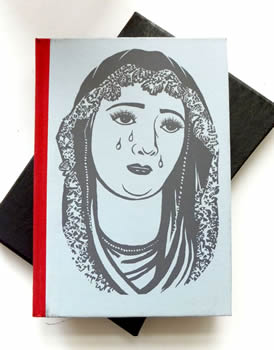 I wonder therefore if the theory of the 'Six Degrees of Separation', which hypothesizes that everyone and everything is six or fewer steps away, by way of introduction, originally set out by Frigyes Karinthy in 1929 and popularized by a 1990 play written by John Guare, is somehow at work here.
I wonder therefore if the theory of the 'Six Degrees of Separation', which hypothesizes that everyone and everything is six or fewer steps away, by way of introduction, originally set out by Frigyes Karinthy in 1929 and popularized by a 1990 play written by John Guare, is somehow at work here.
Right: Folio Society edition of Three Tragedies by Lorca
Of course, these days, if you were to Google any of the authors I have mentioned, or purchase their books, doubtless many recommendations for further reading would pop up, but I feel that, perhaps, just sometimes, something more organic and magical takes place when you discover a common thread running through your interests and experiences that prompts the asking of even more questions.
“I am not sure that I exist, actually. I am all the writers that I have read, all the people that I have met, all the women that I have loved; all the cities I have visited.” - Jorge Luis Borges
Contributed by Jane
(Published on 1st Dec 2014 )


